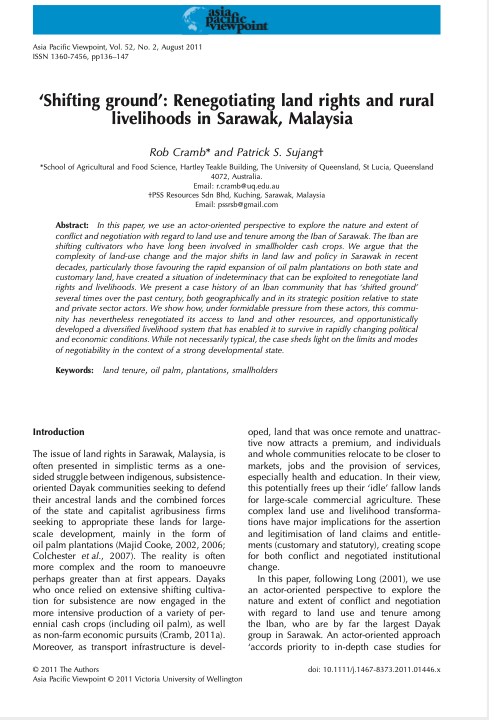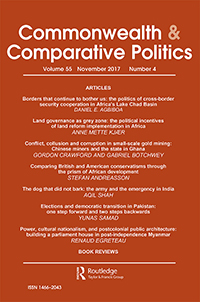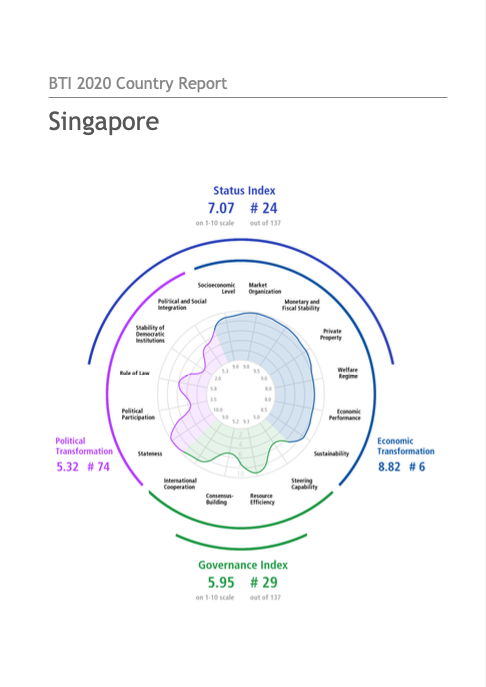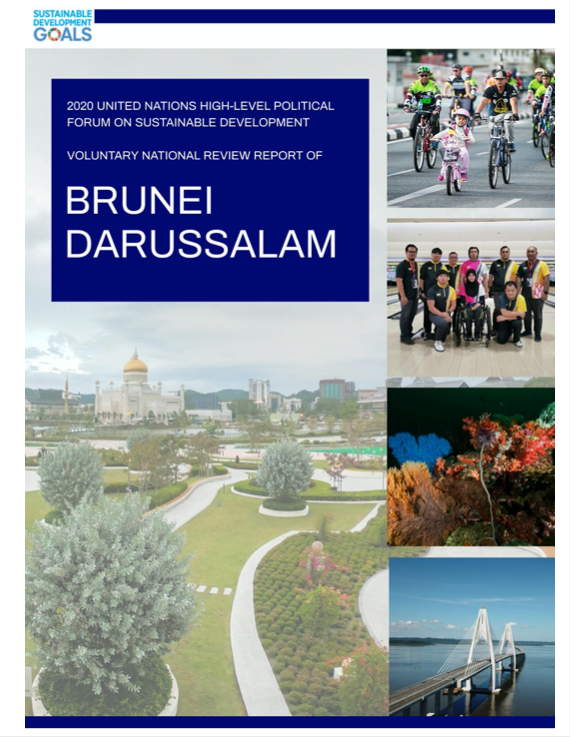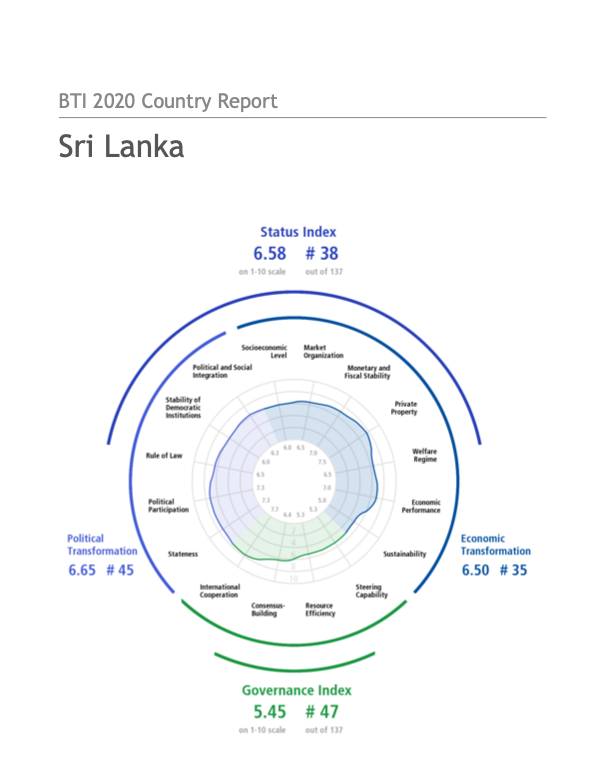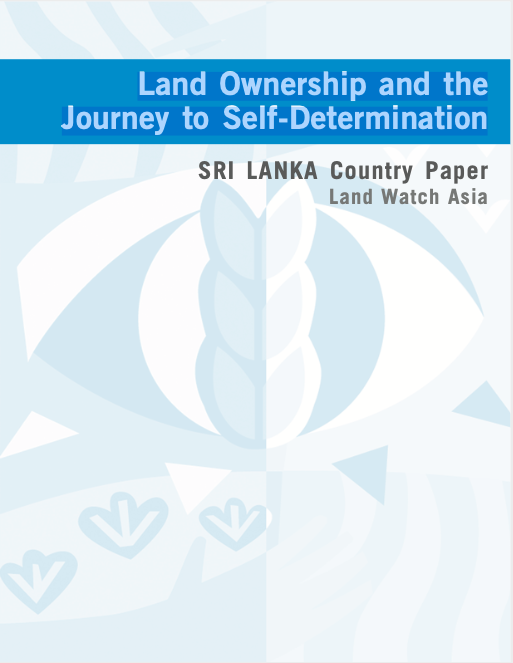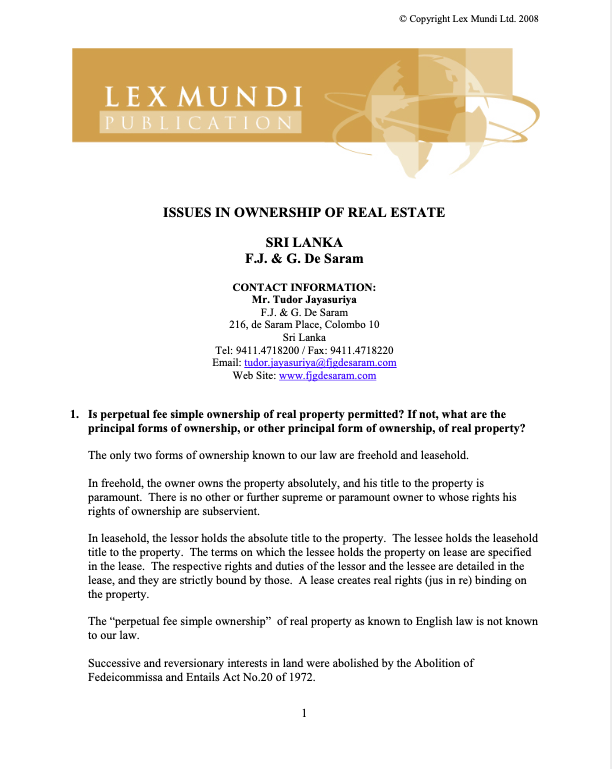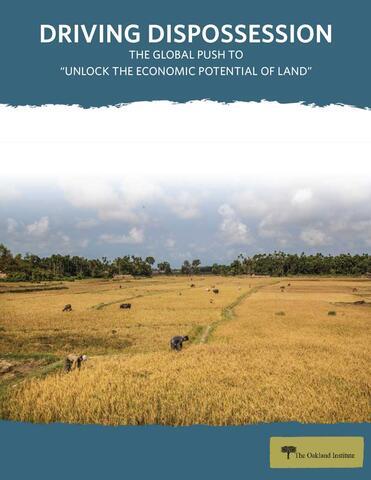Government Briefing: Incorporating Free, Prior and Informed Consent (FPIC) into Investment Approval Processes
This briefing explains how host government agencies involved in investment processes can effectively apply FPIC to:
1. Facilitate the right kind of investments, which operate responsibly and support sustainable development
2. Increase business confidence by fostering a stable and participatory investment environment
3. Comply with international law and align approval processes with industry standards and best practices
4. Avoid and mitigate financial, political, and legal risks


